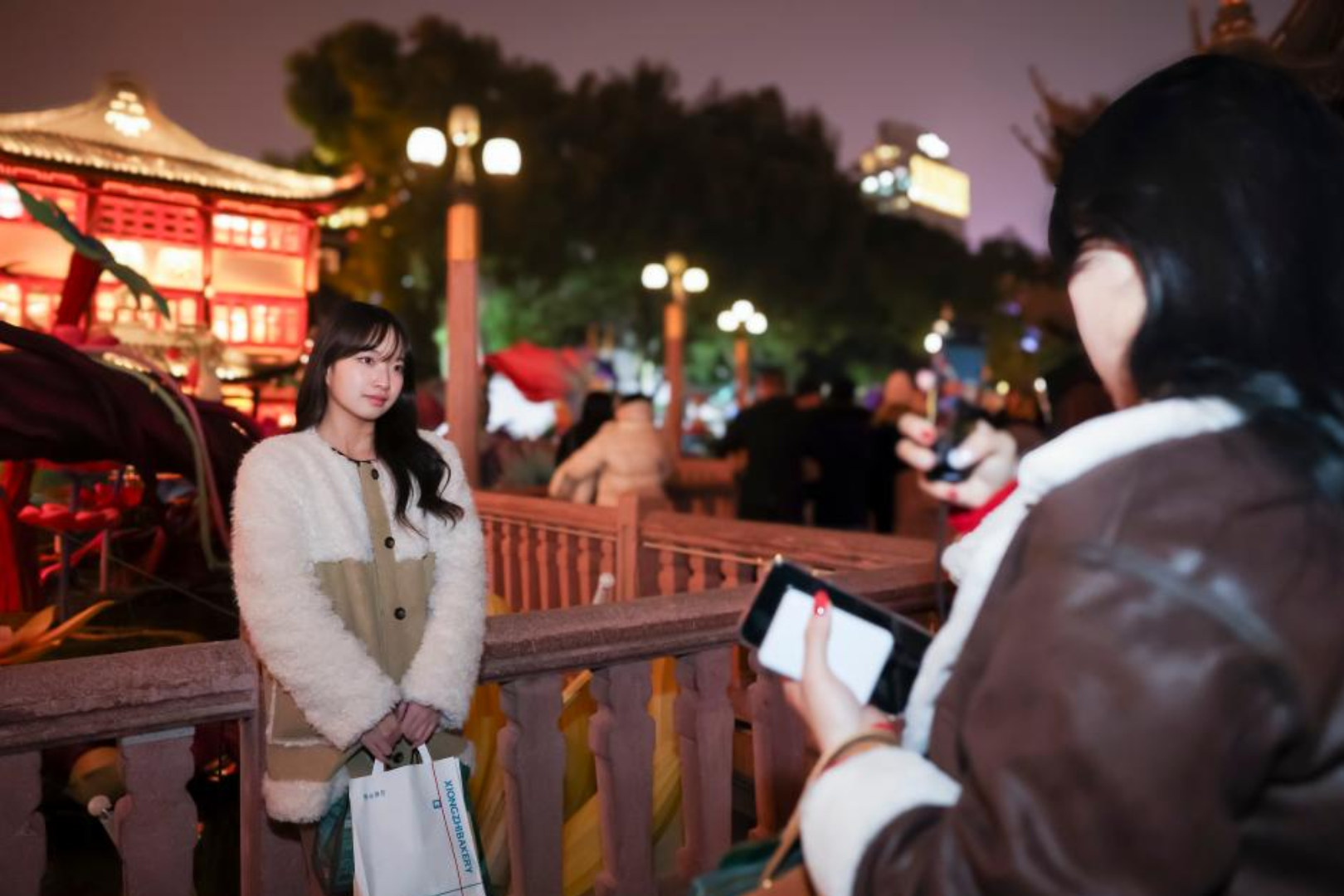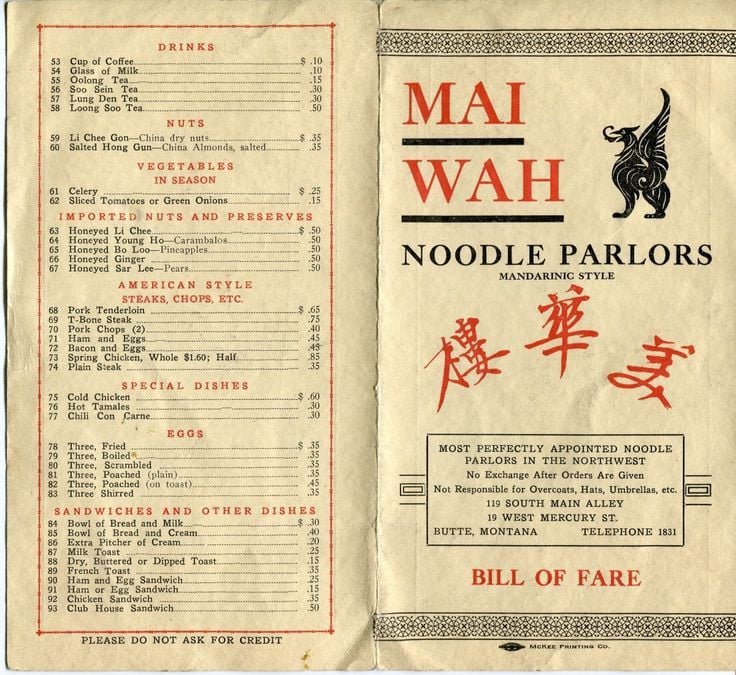If not for global travel restrictions due to the Covid-19 pandemic, Guo Tao would have spent two weeks exploring India at the start of this year. It would have been his fifth trip to the country, and though the pandemic curtailed his plans, he still yearns to visit.
Traveling to India is not high on the priority list for most Chinese people, but Tao — who goes by the alias “Xiaotao” online — has seen the country as a tourist four times since the Spring Festival holiday in early 2010. Now in his early 40s, he’s visited at least 20 cities in India.
“India is such a diversified country that every city is unlike the others,” he says. “One can spend as much time as they can there, and still find something new every time.”
In the late 2000s, as travel overseas for vacationing was still a new phenomenon for a lot of Chinese people, regions such as Europe, Japan, Korea, and Southeast Asia were typically the top choices. Only a small set of travelers visited India, and their impression of the country was not positive — many thought it chaotic, dirty, and unfriendly to foreign travelers.
But Xiaotao sees it differently. Beneath the chaos at its surface, he says, its culture and history coupled with the hospitality of its people makes him feel that India is a very special country.
As most Chinese travellers do, he began traveling in north India, and spent 17 days in Delhi, Agra, and Jaipur — the “Golden Triangle,” as it’s often referred to. He visited the temple towns of Varanasi and Amritsar, and recalls the trip as being “mind-blowing every day.”
Related:
 Why Are Chinese Tourists So “Unruly?”Chinese tourists are notorious for “rude” and “uncivilized” behavior. But why?Article Jul 31, 2019
Why Are Chinese Tourists So “Unruly?”Chinese tourists are notorious for “rude” and “uncivilized” behavior. But why?Article Jul 31, 2019
Sharing personal stories from his very first tour of India, Xiaotao says that on one occasion — on a train journey from Delhi to Varanasi — an elderly fellow passenger, to his surprise, shared an album of her family photos with him. Another time, during his stay in Varanasi, a passerby invited him to a wedding at which he danced and relished the food.
“Everyone is so friendly. You can see people genuinely smiling from the bottom of their heart, not just out of politeness,” he says.
Though border tensions have created a hostile climate this year for China-India relations, a small but growing community of Chinese people have cultivated a fascination with India, albeit for different reasons. Xiaotao was initially a travel enthusiast eager to explore the culture, but other Chinese people are attracted to the appeal of Bollywood — India’s globally popular, Hindi-language film industry — and make a beeline to its most popular actors.
Bridging with Bollywood
On November 14, as much of India celebrated Diwali with lights and firecrackers, Chinese national Cecilia Xu wore a beautiful ghagra choli — a type of Indian dress — and danced to Bollywood songs with friends at an Indian restaurant in Beijing.
Xu journeyed to India for the first time in 2010 and spent 20 days visiting places where the popular Hindi movie Jodhaa Akbar was shot.
She had watched the film multiple times and says the history, architecture, and clothes of India captured her imagination — but most of all, she liked the performance of Bollywood superstar Hrithik Roshan in the film.
Since her first visit to India, Xu’s interest in Indian movies and actors has deepened — so much so that her passion has morphed to become her career. She now works as an academic in film research, specializing in Indian cinema.
A chance meeting with Hrithik Roshan in 2019, when he visited China to promote his film Kaabil, further fueled her fandom. During the brief interaction, Roshan encouraged her choice of career and connected her to his assistant, offering her help if she needed it. The actor’s friendliness and modesty impressed Xu even more.
That encouraged her to fly to Mumbai in January 2020, where she waited outside his house with thousands of fans from all over the world to celebrate the actor’s birthday.

Xu (in yellow) with other Hrithik Roshan fans in Mumbai (image: courtesy Cecilia Xu)
She met the actor a second time, when Roshan invited select fans — including her and her friends — inside his house. Almost a year later, Xu recalls with a glow that he “remembered their faces.”
It’s not only Roshan who commands a dedicated following in China. “The king Khans” — actors Shah Rukh Khan, Salman Khan, and Aamir Khan — also boast large fanbases in the country, with their movies often getting special screenings in theaters across China.
Like Xu, Yang Ajie, who works in the film industry, is a big Bollywood fan. After seeing the comedy Three Idiots starring Aamir Khan in college, she began watching Bollywood films intensively before joining a handful of Chinese-language online communities for Indian film lovers.
In 2015, she founded Aamir Khan’s China Fan Club when the actor came to promote his film PK, and has been managing the group under the alias “Ajie” both online and offline ever since.
Related:
 Boycott Indian-Chinese Food? For Most Indians, That’s UnthinkableWith over a century of dispersion in India’s major cities, the cuisine transcends ongoing anti-Chinese sentimentArticle Oct 22, 2020
Boycott Indian-Chinese Food? For Most Indians, That’s UnthinkableWith over a century of dispersion in India’s major cities, the cuisine transcends ongoing anti-Chinese sentimentArticle Oct 22, 2020
As Khan gained popularity among Chinese audiences, the fan club developed into a well-organized group with over 200 active members. The club was later acknowledged by the actor, who wore outfits bearing their logo.
In Ajie’s opinion, the actor appealed to Chinese fans because of his professionalism and the excellent storytelling in his films. She says she even knows of a fan who was so inspired by Khan’s movie Taare Zameen Par, in which the actor had played the role of a teacher, that he became one himself.
Whenever Khan visits China, Ajie mobilizes the fan club and organizes special campaigns. When Khan’s movie Dangal swept the Chinese box office in 2017, becoming a surprise blockbuster and raking in 1.2 billion RMB, fans edited a video of themselves dancing to songs from the movie, and garnered 461,000 views on YouTube as of November 2020.
Aside from Aamir Khan, Ajie is also a big fan of Bollywood star Salman Khan. She visited Mumbai twice in 2019 for his movie premieres. Aside from their idols of choice, she and Xu also keep tabs on Indian film industry developments through social media.
India on Social Media
After returning from India in 2010, Xiaotao started his own social media account covering Indian culture and travel. He created a subscription account on social messaging app WeChat named “Incredible India” (不可思议的印度) in 2012, and an account with the same name on microblogging platform Weibo last year. Together, they have a combined total of over 100,000 followers.
Xiaotao also created several WeChat groups for followers to discuss and exchange information on Indian travel, arts, films, music, and religion, among other topics. By doing this, he hopes to create a long-term community where people feel connected.
In the beginning, most of his followers were people interested in Indian culture, like Ajie and Xu. With the increasing traction his group has gained in China, Xiaotao is seeing more diversified followers on his account. However, he admits that a number of them are there to troll. “Some of my followers have a ‘different’ view of India,” he observes diplomatically. “But still there is a solid base who support the cause to spread information about the country.”
Despite attracting malicious comments from time to time, he still believes that social media is helping balance young Chinese people’s views on India by giving them first-hand information about it, in a way that the previous generation never had.

Xiaotao in Jhansi, Uttar Pradesh in 2019 (image: courtesy Xiaotao)
“When India’s Prime Minister Narendra Modi visited China in 2018, the comments I was receiving were mostly encouraging,” he says. “People are happy to see more cooperation between these two big countries.”
As relations between China and India have taken a steep tumble, and with the pandemic disrupting hopes of travel, Xiaotao’s dream of returning to India has come to a standstill. India is now the second worst-hit country by Covid-19, after the US, with more than 9.57 million confirmed cases. Flights and visa applications between India and China have yet to resume on both sides.
Having spent most of his visits in north India, Xiaotao is still hoping for a chance to visit the southern states. He’s not alone — in the WeChat group that he created, almost every day people will ask, “When can we visit India again?”
Xiaotao believes that tourism between the two countries has contributed a lot to mutual understanding, something which currently seems in short supply. For the time being, he says, “it is such a pity that we have lost a chance to meet and communicate.”
Header image: Xiaotao in Jhansi, Uttar Pradesh in 2019 (courtesy Xiaotao)















